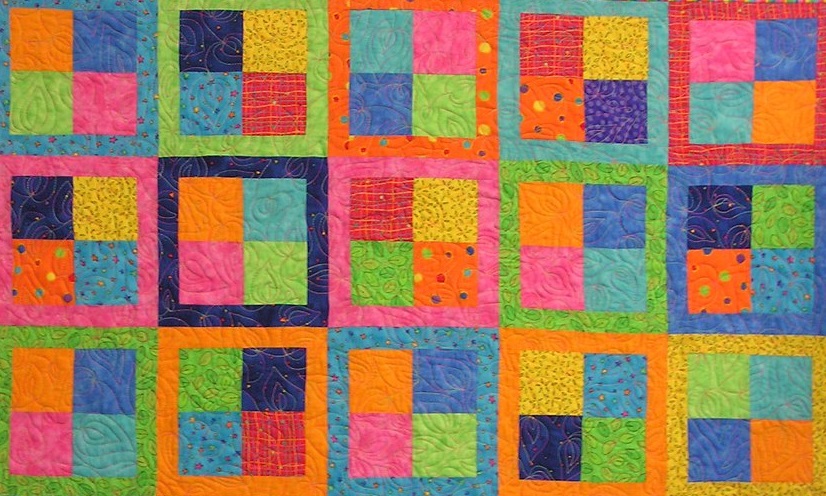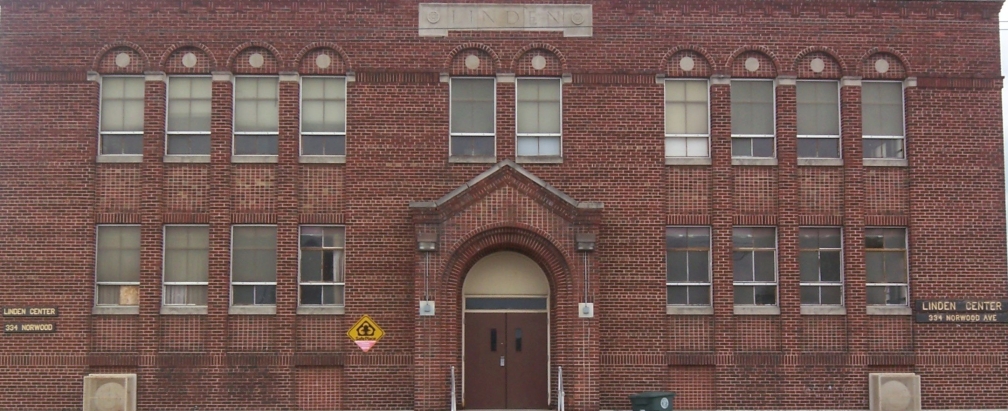
With the recent publication of his book Elite Capture: How the Powerful Took Over Identity Politics (And Everything Else), Olúfẹmi O. Táíwò is becoming a leading thinker of the theory of racial capitalism. Since the publication of his two best-selling and award winning books, Stamped from the Beginning and How to Be Antiracist, Ibram X. Kendi has become the most prominent thinker on race in the US today. Kendi has also recently adopted the concept of racial capitalism to frame his social analysis.
Táíwò and Kendi share a commitment to careful investigation of the dynamics and interrelations of race and class, but in other ways they have sharply contrasting and even opposing politics. Not for the sake of labeling theorists as good and bad nor for trying to draw sharp lines around who belongs in contested political spaces, but for the sake of clearly defining political positions that shape efforts towards liberation, the contours of these contrasting and opposing politics are worth inquiring into.
The hotly debated tradition of racial capitalism theory and the renewed attention to race and class in contemporary social movements provide ample impetus for undertaking an investigative journey through the class politics of Táíwò and Kendi. Táíwò provides analytical tools for discerning the kind of class divides that Kendi tries to harmonize. Táíwò also happens to discuss many of the same historical figures that Kendi does, which enables an ideal opportunity to clearly compare and contrast their diverging class analyses. After briefly reviewing Táíwò’s book and then situating Táíwò’s class politics within the current political landscape, I use his work to pivot towards Kendi and then launch into a textual analysis of Kendi’s class politics.
Continue reading


